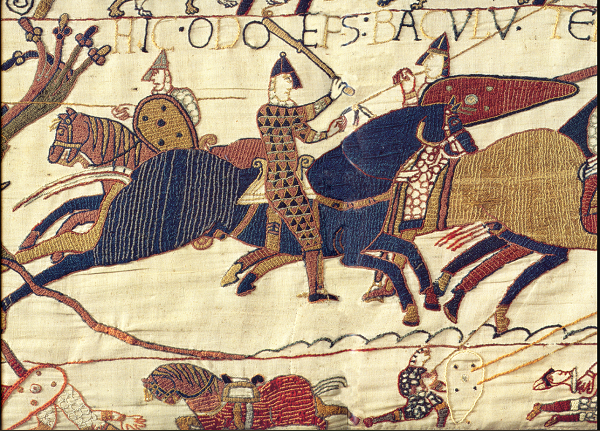More about the history 2024
Having described my research process previously I now have a better understanding of where most of my information is gathered.
I also need to expand on the pages on what went on at various times in the villages history. I now have a lot more relating to the events of the Civil War and the region. This makes my page on the seventeenth Century probably one of the most important on this website. Also exending into the early 18th century.
Navigating the history from the Civil War through:
- Charles II and the Restoration - 1660
- James II - 1685-1688 - The Glorious Revolution. 1688-1689
- William and Mary 1689-1694 - William III reigned to 1701/2
- Queen Anne - 1701-1714
- to George I - 1714-1727.
The history of Belchamp Walter after the Civil War is an interesting one as the Resoration in 1660 after the demise of the Pariliamentary regime of Cromwell is understandably under-reported.
Belchamp Hall was rebuilt in the Queen Anne/Georgian style in 1722 by John Raymond III. Oliver Raymond, Parliamentarian died in 1679 and was his Grandson. Was this a shift in political allegiance as opposed to that of John Raymond I. Also, where did the money come from?
John Raymond III died in 1720 and William succeeded and there was no money? It would seem that John III did not see the completion of the new hall. I am also pretty sure that the date on the fascade of the hall says 1711, perhaps this was when the re-build was started?
The Raymond succession gets a little unclear at this stage.
The continued monitoring of visits to this website and adjustments made to pages that I know are now wrong is invaluable in making this site more relevant and possibly accurate. For example, a visit to my page on John Eliot unearthed that I need to re-write the pre-Civil War pages.
Belchamp Walter in Dickensian times
Christmas 2024 - a performance of Charles Dickens A Christmas Carol is a good opertunity to review what life was like in Belchamp Walter at this time.
1863 saw the death of "Squire Raynond" (Samuel Milbank) and the succession of John Mayne St. Clere. John Mayne "recovered" the Belchamp Walter Manor and Estate from Thomas Ruggles in 1865.
Charles Dickens A Christmas Carol was published in 1843, 18 years before the estate was back in Raymond hands. This meant that all the farm land, unless privately owned was farmed by tenants of Thomas Ruggles. The Directory for 1878, after Samuel Milbank had died and John Mayne was in control of the estate, lists who the farmers were.
1891 saw a farm workers strike. Dickens died in 1870 and his tribute to Christmas was almost 40 years old. The spirit of "goodwill" was hardly on the minds if the farmers and farm workers.
Eliot Stern Raymond Kent and Hertfordshire
My earlier assumpsions are probably wrong.
I was making my conclusions from what I had read and what I saw in the church. As I have said in the past the interpretation of Thomas Wright needs to be done with an understanding of when he wrote it, who he talked to when he did and the references that he use. To be fair he does give footnotes to some of his sources and I have been remiss in note noting and following them myself. He does use Morant as a source but he is also influenced by who he talked to in the location he is describing. This can be seen in Belchamp Walter as he starts with a description of the Hall and it would appear that his source for this was the Raymond Family. Not that there is anything wrong with that as they should know better that anyone else in the village. They do seem to gloss over the significance of the Civil War and why they ended up in the Hall themselves.
I had also found some references to the Raymonds from and place in Kent close to Wye. This was from the Battle Abbey Roll, which is not known for its accuracy. The Duchess of Cleveland is less forthcoming with her references and this was futher confused by what I had found on a website called Stirnet. I cannot be sure that Stirnet was using the Battle Abbey Roll as a source. I did find some cross-references and the Stern name was also one that I had from the heraldry found on the tower of St. Mary's.
The reference to John Eliot also makes sense in the context of the build up to the Civil War as Charles I had dealings with John Eliot - this was also confirmed by C.V. Wedgewood in her book "The King's Peace". At the moment I can't find that cross-reference as it came from my memory.
